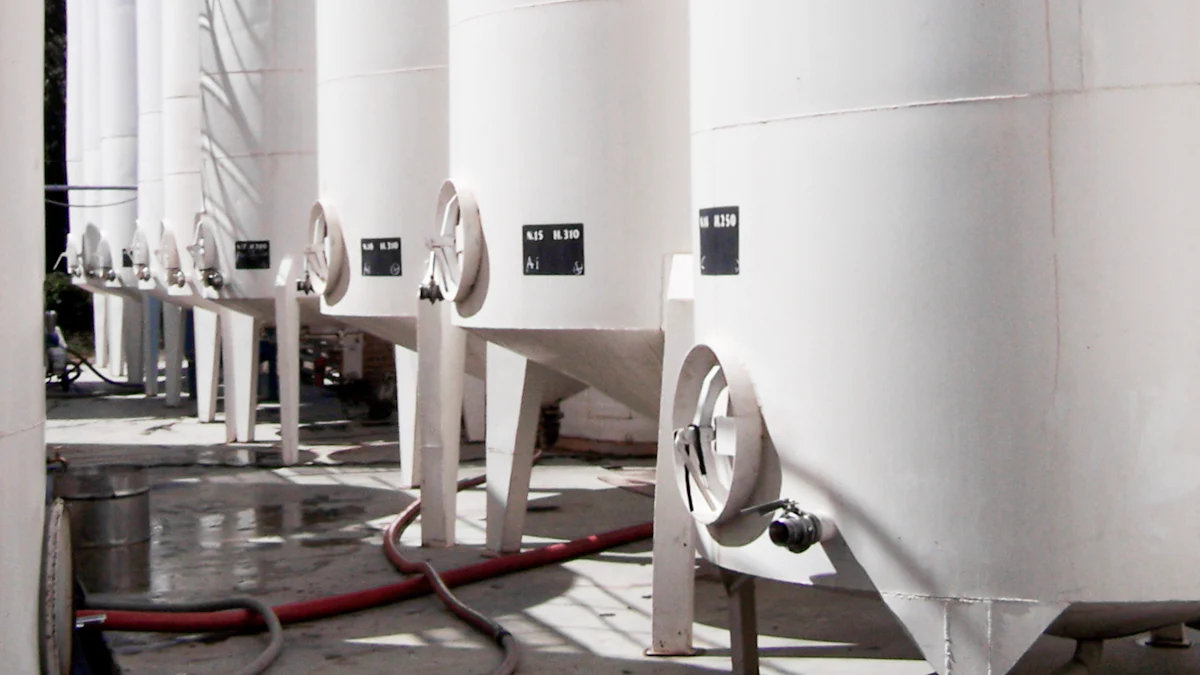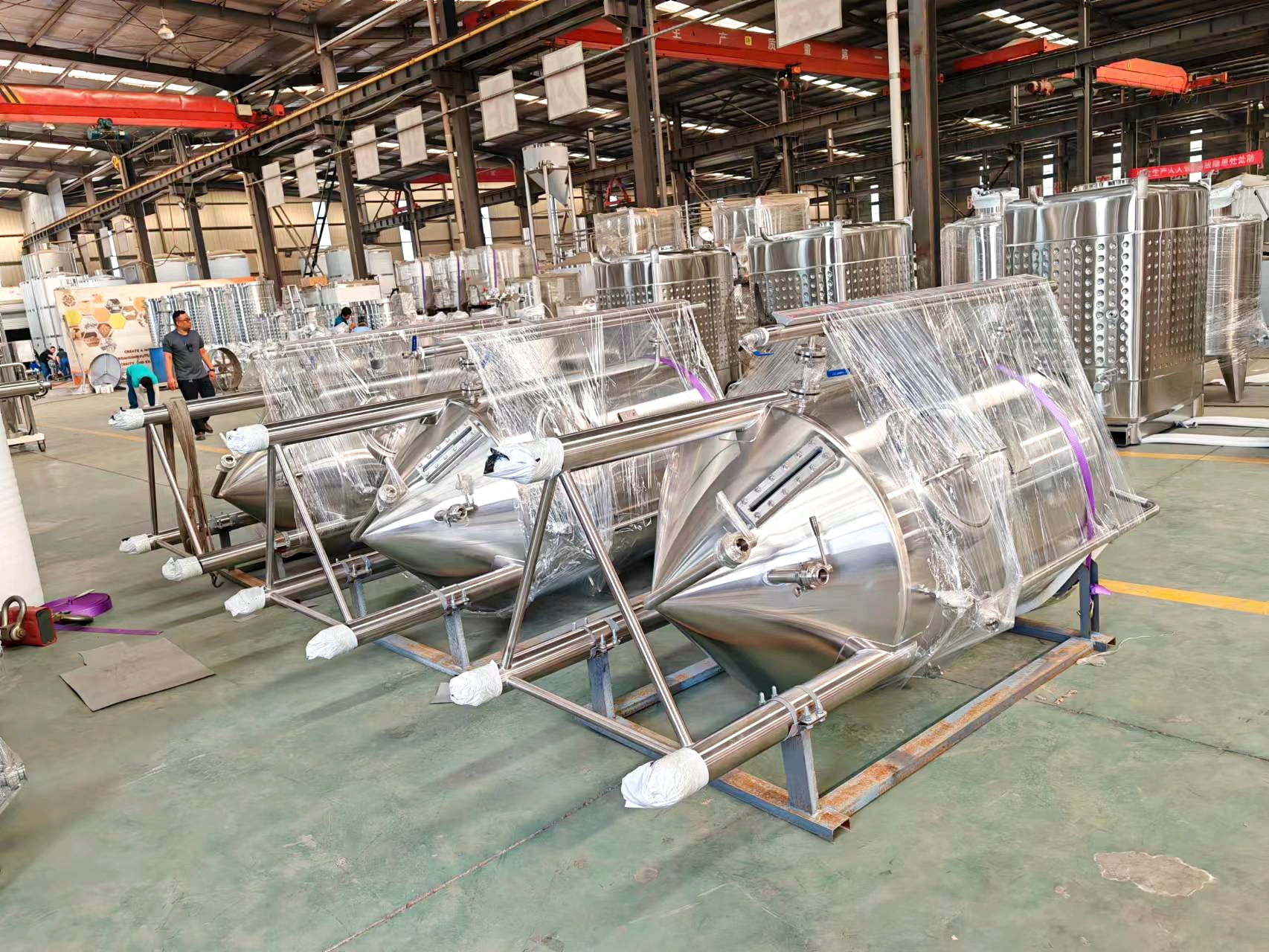Cider Making Equipment

Commercial cider making equipment requires specialized equipment to ensure efficiency, quality, and consistency in production. Here’s an overview of the essential equipment used in commercial cider making, along with their purposes:
Apple Crusher/Grinder:
This machine is used to crush or grind apples into a pulp, making it easier to extract the juice during the pressing process.
Fruit Press:
A fruit press is used to extract the juice from the apple pulp. There are various types of presses, including hydraulic presses and pneumatic presses, suitable for different production capacities.
Fermentation Tanks:
Large fermentation tanks are used to hold the apple juice during the fermentation process. These tanks come in various sizes and can be made of stainless steel or other food-grade materials.
Yeast Propagation Equipment:
For commercial cider production, yeast propagation systems are often used to cultivate and grow a sufficient amount of yeast for fermentation.
Pumps:
Pumps are used to transfer the apple juice and cider between different stages of the production process, such as from the press to the fermentation tanks.
Heat Exchanger:
A heat exchanger helps to cool down the freshly pressed apple juice quickly to the desired fermentation temperature.
Airlocks and Bungs:
These are essential for preventing unwanted contaminants from entering the fermentation tanks while allowing gases produced during fermentation to escape.
Monitoring and Control Equipment:
Commercial cider makers often use various monitoring and control devices to track fermentation progress, temperature, and other critical parameters.
Filtering Equipment:
After fermentation, the cider may be filtered to remove sediment and clarify the liquid before packaging.
Bottling or Kegging Equipment:
Equipment for filling bottles or kegs is necessary to package the finished cider for distribution and sale.
Cider Tanks and Storage:
Depending on the production volume, large storage tanks may be used to hold the finished cider before packaging or distribution.
Cleaning and Sanitizing Equipment:
Commercial cider making equipment requires proper cleaning and sanitization of equipment to prevent contamination and maintain product quality.
Remember that commercial cider making operations can be quite complex, and it’s important to choose equipment that suits the specific needs and scale of your business. Additionally, compliance with local health and safety regulations and obtaining necessary licenses are essential steps before starting a commercial cider-making venture.



